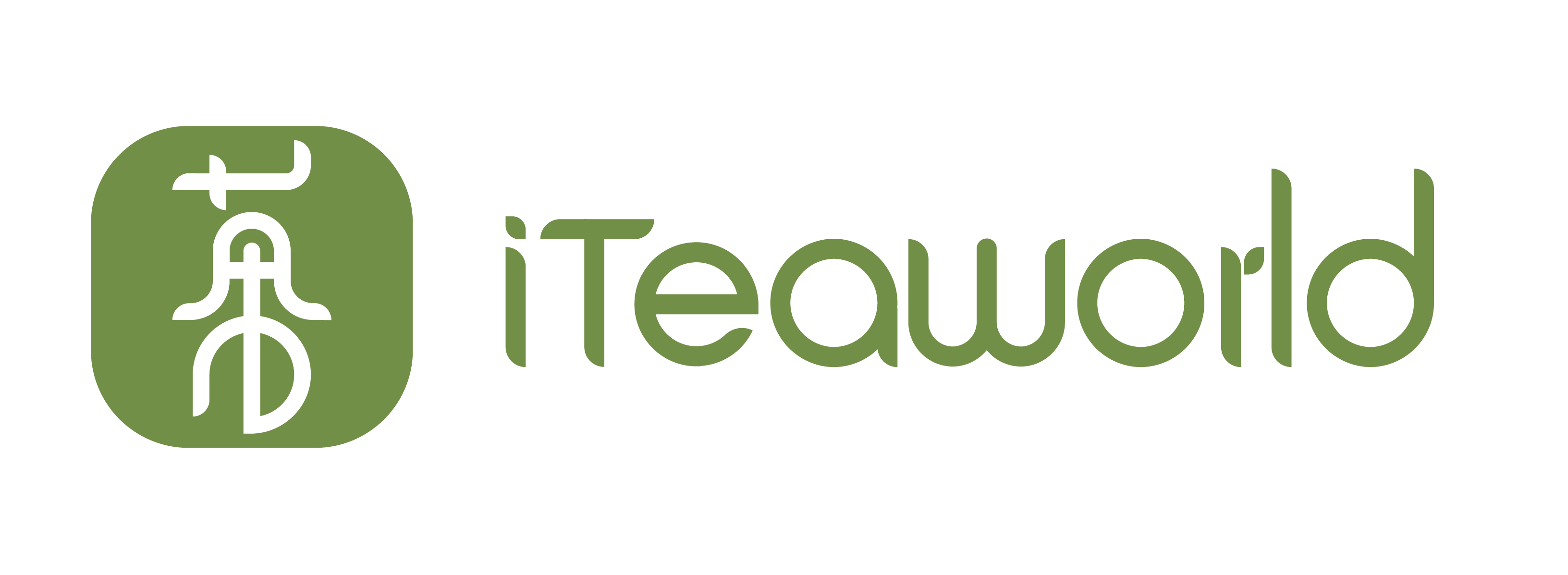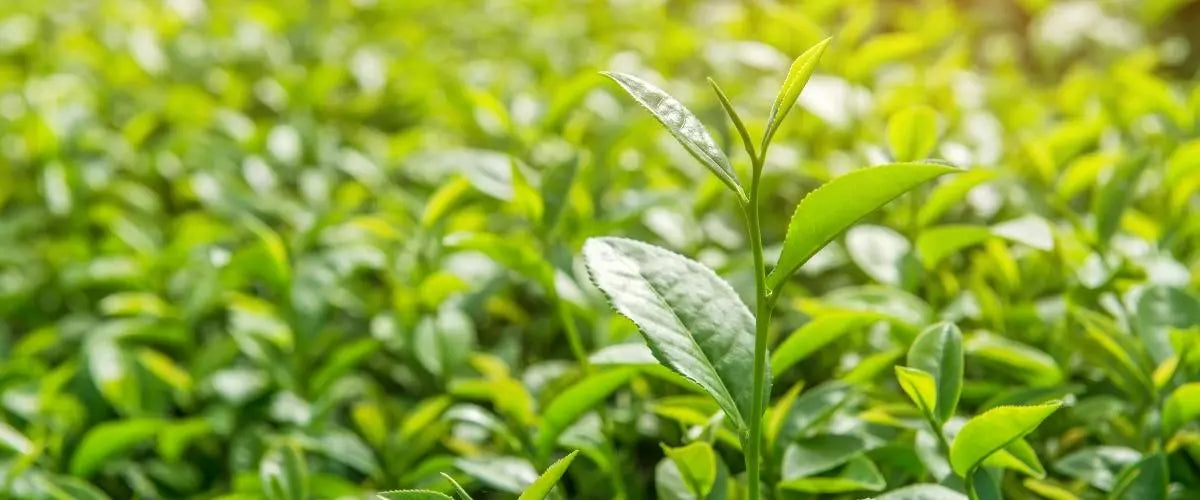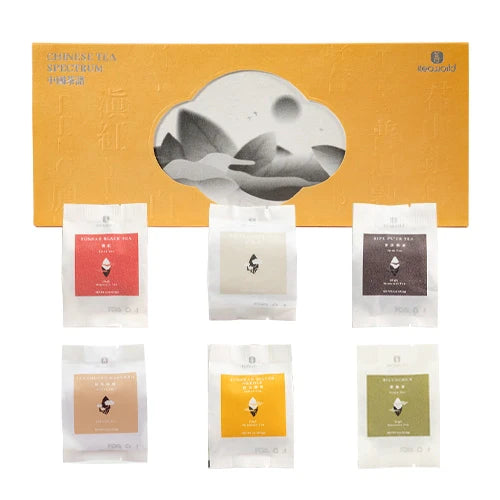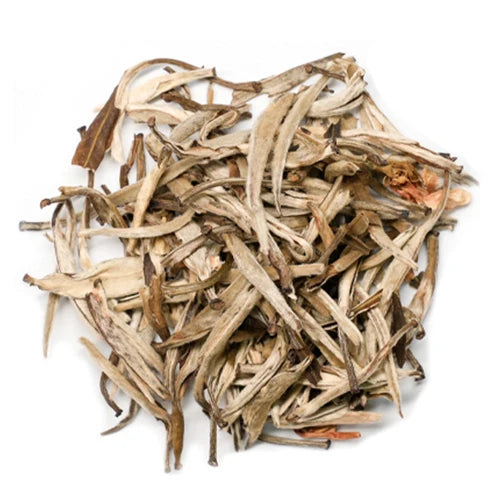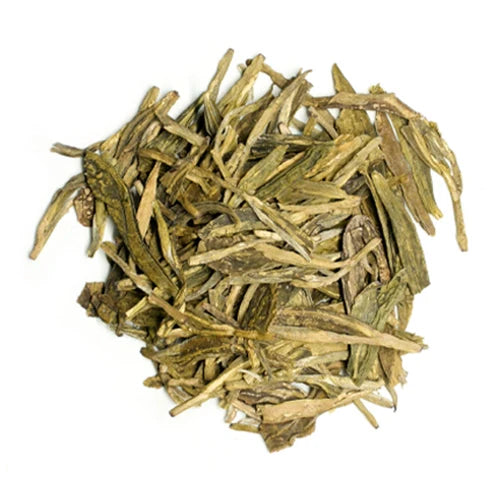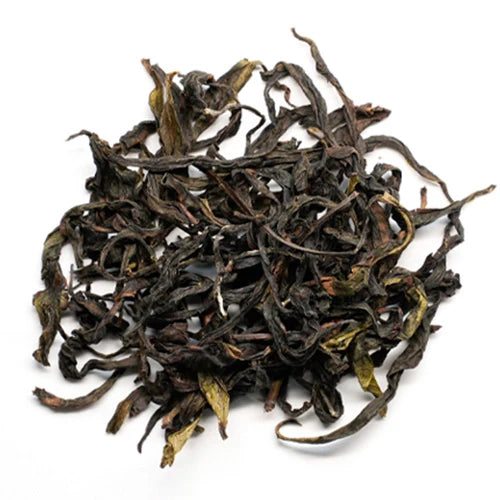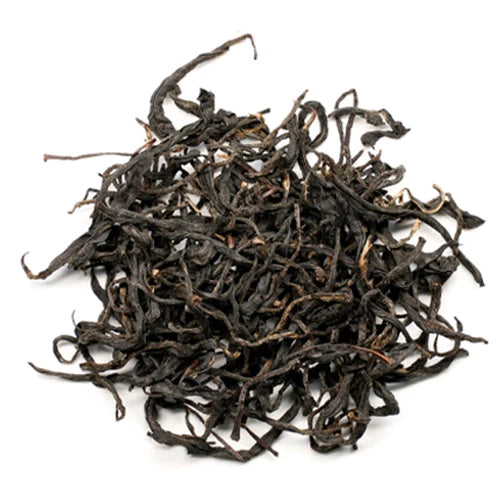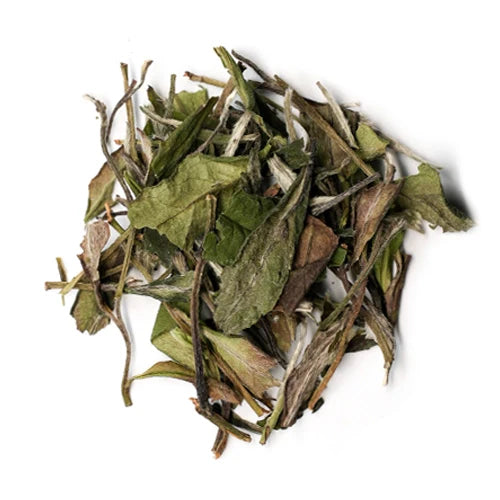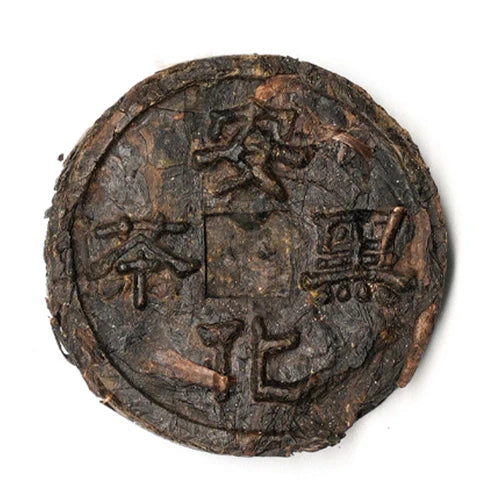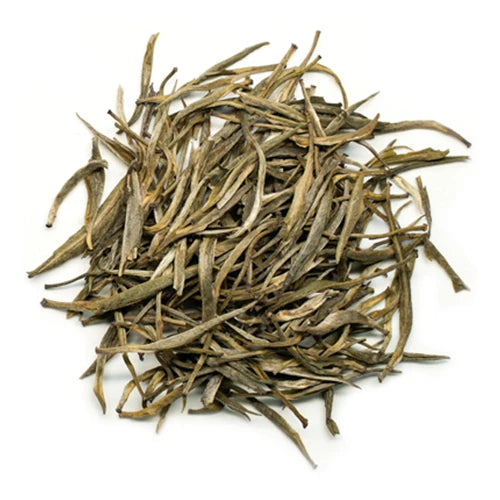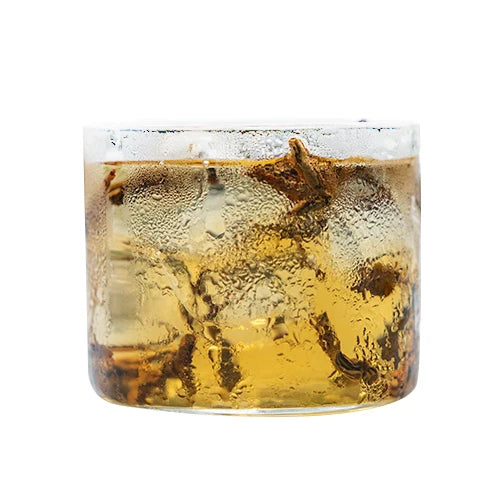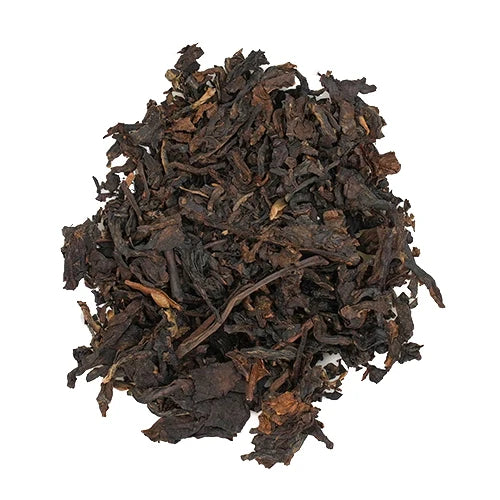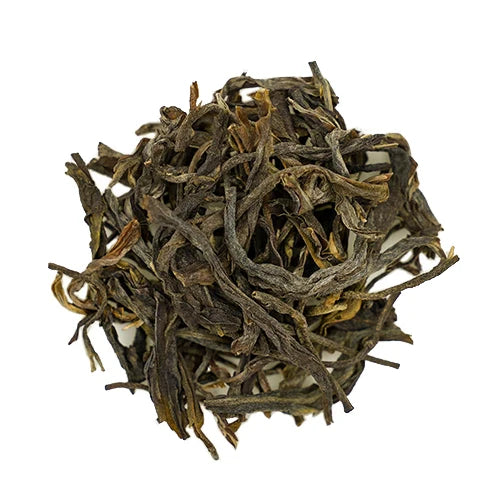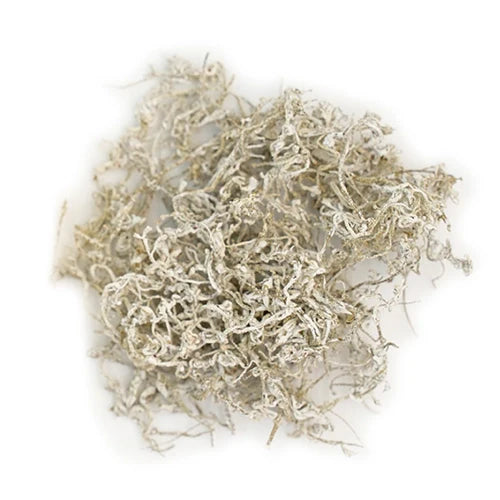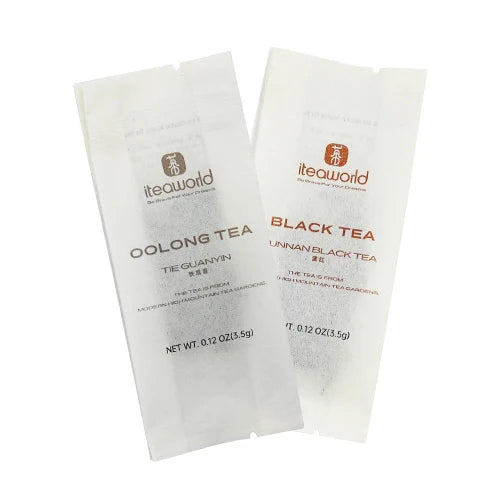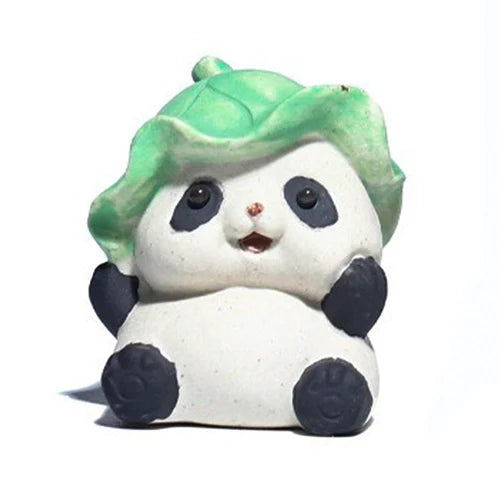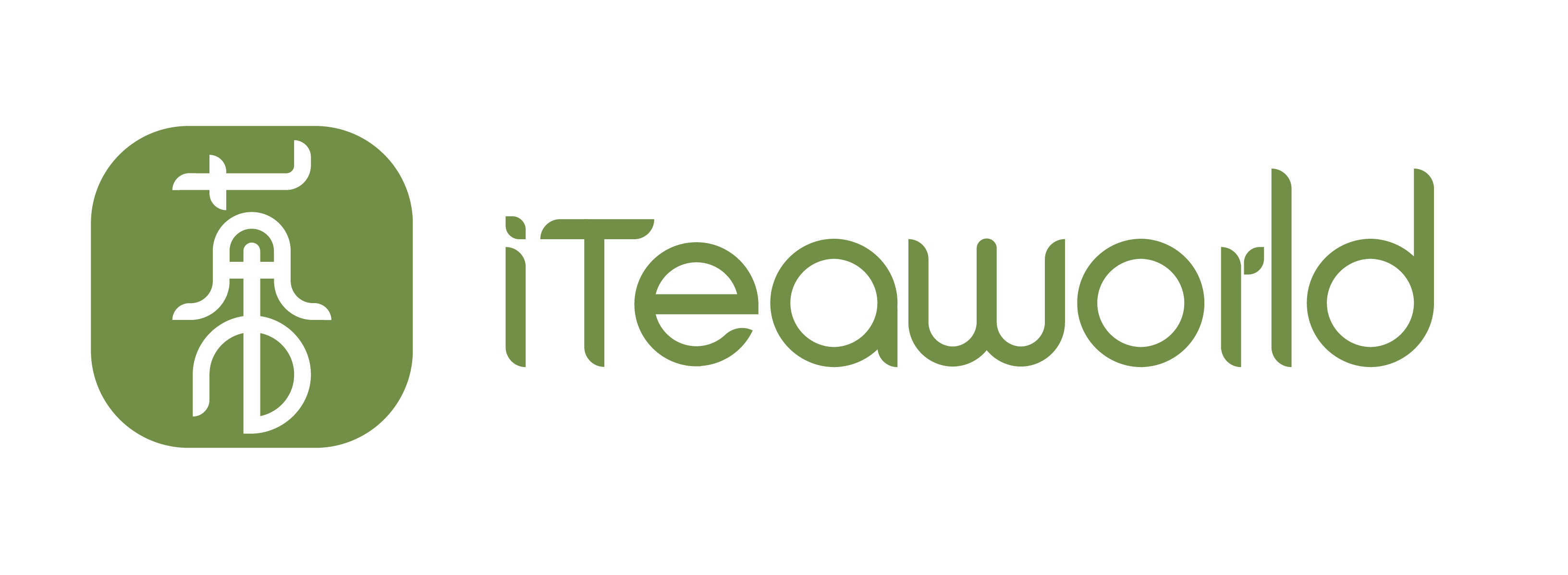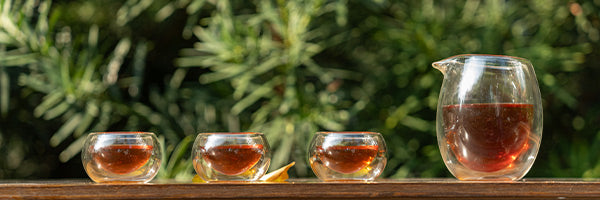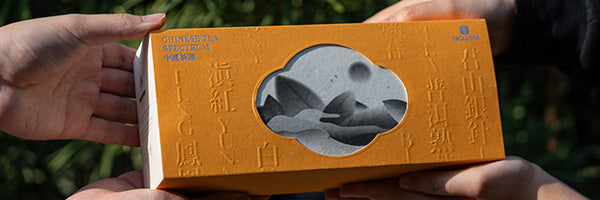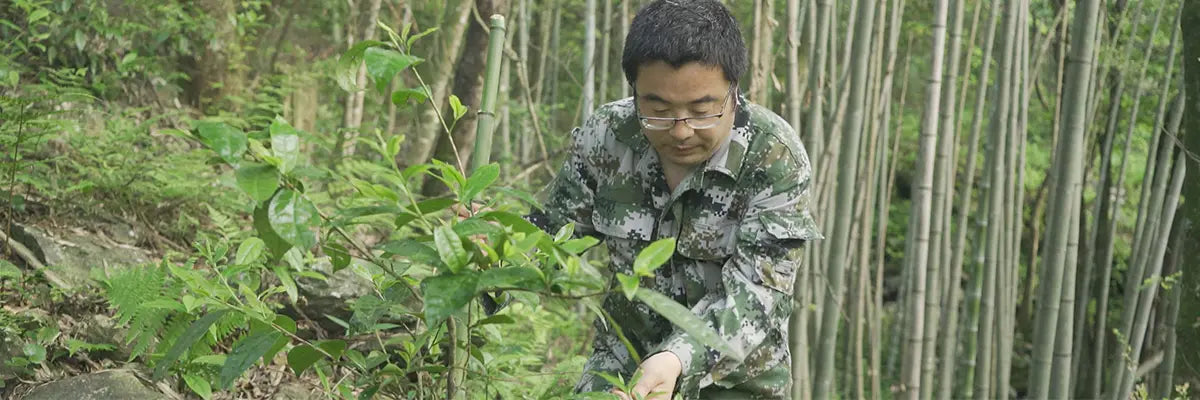The magic of tea only truly comes alive when it's paired with the right water. A perfect brew is all about balance—and water plays a bigger role than most people realize.
So, what kind of water should you use for different types of Oolong tea?
In this blog post, we’ll explore just that.
1. How Different Types of Water Affect Oolong Tea
We recently did a little comparison experiment, using three different types of water to brew Da Hong Pao and light-aroma Tieguanyin:
- Mineral water (conductivity = 752 μs/cm, TDS = 379 ppm)

- Purified water (conductivity = 4 μs/cm, TDS = 3 ppm)

- Mountain spring water (conductivity = 52 μs/cm, TDS = 26 ppm).

(1) Da Hong Pao
- Mineral water: The liquor was darker and deeper in color. The flavor was bold and intense, really highlighting the mineral character of Da Hong Pao. It almost felt like biting into a rock — punchy, layered, and stimulating.
- Purified water: The tea appeared brighter in the cup, but the flavor felt muted, like the water was holding back the tea. It tasted rather flat and subdued.
- Mountain spring water: This one felt the most balanced — the tea and water seemed to complement each other. The liquor was smooth, with much more flavor than the version brewed with purified water. It brought out the tea’s nature without being overly sharp or aggressive.

If you're into that pronounced minerality, mineral water might be your best bet for Da Hong Pao. But if you prefer something rich and full-bodied without being too harsh, Mountain Spring water seems like a great choice.
(2) Light-aroma Tieguanyin — a totally different experience
- Mineral water: This brew tasted nothing like the Tieguanyin I’m used to. The signature fresh fragrance was completely suppressed, leaving the tea feeling muddy and unclear in both aroma and taste. It also had a bit of bitterness and a sharp, almost harsh mouthfeel.
- Purified water: This one gave off a faint floral note, and the bitterness came through more clearly. That said, it had a smoother texture compared to the mineral water, and there was some returning sweetness (hui gan) after swallowing.
- Mountain spring water: This was hands down the best match for the tea. The aroma and flavor both came through clearly and in balance, with a smooth mouthfeel, a touch of sweetness, and an overall comforting sensation. Everything just felt right.
Spring water is the best choice for showcasing the character of light-aroma Tieguanyin.

Mineral water might work better for aged teas or those with a heavier, richer profile, as it can enhance the body and complexity of the brew. On the other hand, for teas with a lighter oxidation and prominent aroma, mountain spring water seems to do a better job at releasing those delicate floral or fruity aromas.
That said, mountain spring water seems to be the most versatile. It rarely clashes with any oolong and tends to balance well with both aroma and flavor.
2. Our Product Recommendations
(1) This tea was carefully selected after we tasted numerous Wuyi Rougui; it's one of the best value-for-money options we've found. Grown in rocky, mineral-rich soils and charcoal-roasted to perfection, it delivers a complex, full-bodied cup with layered notes of roasted spice, dark fruit, and wet stone.
Wuyi Rou Gui (High Mountain) Oolong – Daily Friendly(Spring 2025)$26.99
(2) This oolong tea has become one of the most popular choices in recent years, known for its rich floral aroma and smooth taste. It pairs especially well with mountain spring water for brewing.
Premium Ya Shi Xiang (Duck Shit) Dan Cong Oolong Tea 100g 2025 $54.99

